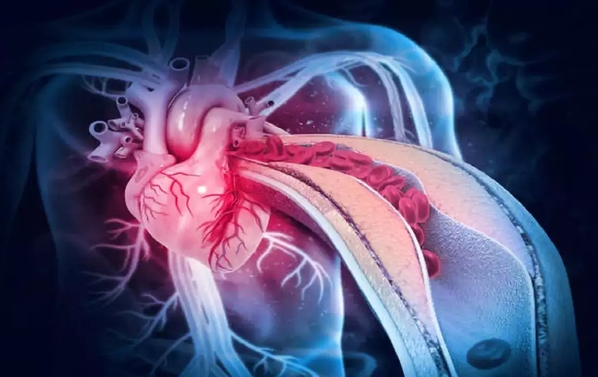Health and Wellness
Why You Care About Triglycerides and Blood Glucose
Did you know that high triglycerides and blood glucose levels are linked? Well, they are! It's essential to keep blood glucose and triglyceride levels within a healthy range to maintain good health. But to understand why that is, you first need to understand more about triglycerides.
Triglycerides are a type of fat found in the blood vessels. Elevated blood triglyceride levels can increase your risk of developing many health conditions, including cardiovascular disease, liver disease, kidney disease, and diabetes.
Elevated blood glucose levels (the sugar content in your bloodstream) can also lead to health problems.
Having high triglycerides and blood glucose levels at the same time increases your risk of heart attack, stroke, increased blood pressure, and other serious health problems.
But how are triglycerides and blood glucose related?
What are Triglycerides?
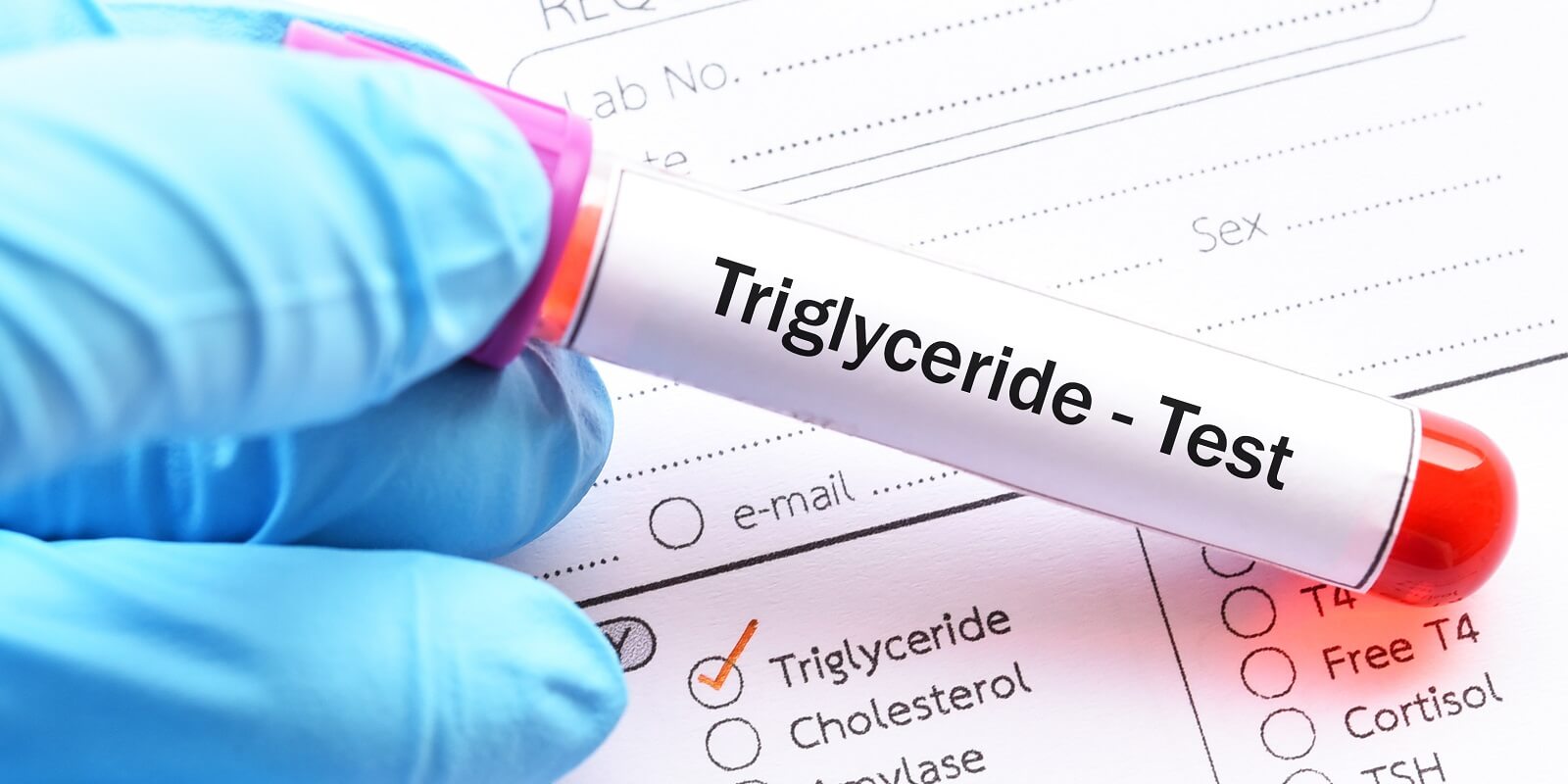
Triglycerides are a type of lipid (fat) found in the blood, but there's more to it than that. If you've ever had your blood drawn for a cholesterol test, you may have heard mention of triglycerides. Triglycerides are the most common type of lipid in the human body. Their composition includes three fatty acids and one glycerol molecule, and they're usually produced by the body to store energy.
You typically find them in dairy products, meat, and oils. Triglycerides also come from excess calories in the diet.
Your body turns these extra calories into triglycerides and stores them in fat cells.
Many factors can contribute to high triglyceride levels, including diet, exercise, weight, and genetics.
Causes of High Triglyceride Levels
In the United States, high triglyceride levels are widespread. Approximately 26 percent of U.S. adults have high triglyceride levels, which means that about 1/4 of us are at risk of developing heart disease, stroke, and other cardiovascular problems down the road.
If your doctor has told you that you have high triglyceride levels, it's essential to understand what that means and what you can do about it. Learning about the cause of your high triglycerides is the first step in taking action to lower them.
Wondering how doctors measure these levels? According to the University of Michigan, here's how high triglyceride levels are measured after blood testing:
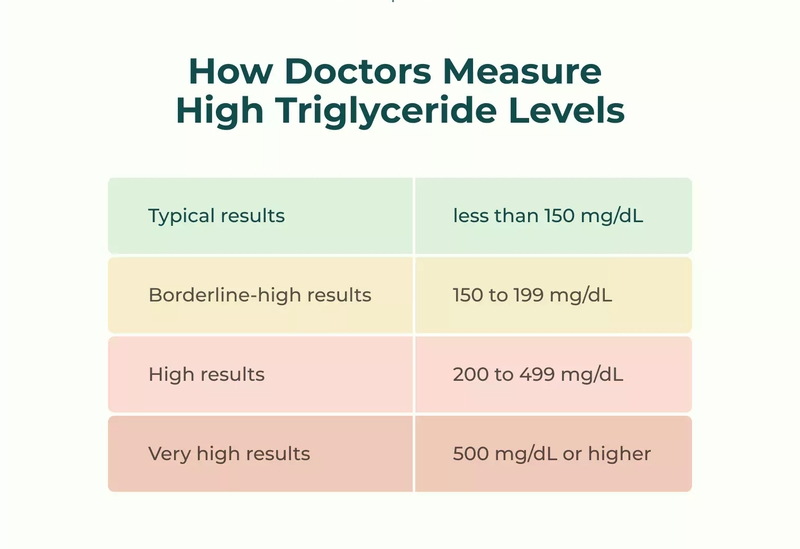
Here are some causes that you should be aware of:
Mismanaged Type 2 Diabetes
One of the most common chronic illnesses in the United States is type 2 diabetes. The CDC estimates that 38.4 million Americans have type 2 diabetes, and as many as 97.6 million have prediabetes.
Studies have shown that high triglyceride levels are linked to poor blood glucose control.
If you have diabetes and don't correctly manage your blood sugar levels, you may find your triglyceride levels and cholesterol levels climbing, potentially worsening your diabetes. So, balancing your blood sugar levels may help you control your triglyceride levels.
Consuming More Calories Than You Burn

What you eat is important, especially regarding your triglyceride levels.
Consuming more calories than you burn may significantly contribute to high triglycerides.
When we consume excess calories, this energy has to be stored.
The most common storage is fat, so the body packages it in the form of triglycerides. These are then transported into the bloodstream for storage in fat cells, causing elevated triglyceride levels. Staying aware of information like this could help you make better dietary choices and improve your health!
Eating Too Many High Carbohydrate Rich Foods
It's no secret that eating a healthy diet is vital for maintaining overall health. However, you may not know that consuming too many high carbohydrate foods with extra calories can cause your triglyceride levels to spike. When you consume too many calories and carbohydrates, you need to find a way to store this excess energy.
Your body converts sugar (glucose) into fatty acids and forms triglycerides.
These triglycerides are then transported through the bloodstream to be stored in fat cells.
If you want to keep your triglyceride levels within a healthy range, it's essential to watch your overall calorie and carbohydrate intake. Next time you're grocery shopping, stock up on healthy protein and low-carbohydrate foods like fruits and vegetables.
Insulin Resistance
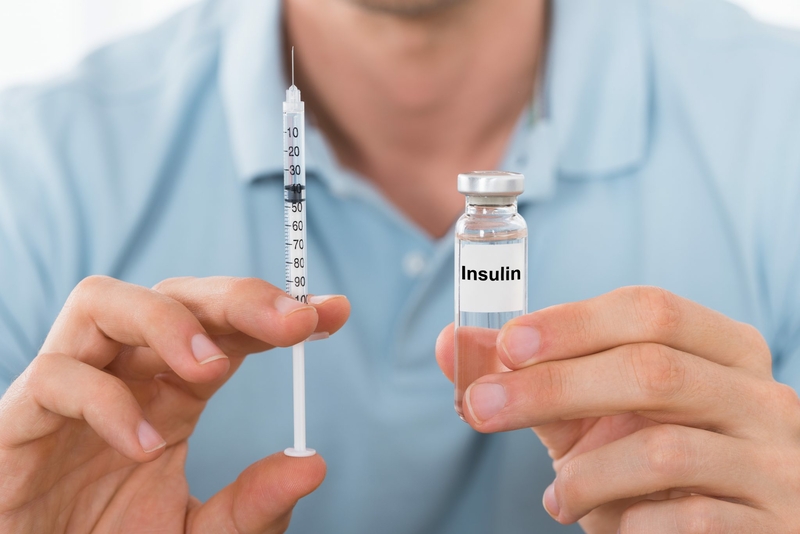
Insulin resistance is when the body doesn't use insulin properly. Insulin is a hormone that helps the body use glucose for energy. When you have insulin resistance, your blood sugar levels can become too high. When this occurs in your body,
the excess sugar in the bloodstream gets converted to fatty acids.
So, understanding your blood glucose levels and insulin resistance is crucial to understanding your overall health.
If you're worried about your triglyceride levels, talk to your doctor about getting tested for insulin resistance. Treatment for insulin resistance can help improve your triglyceride levels.
Hereditary Factors
Did you know that high triglyceride levels can be hereditary? It means that if your parents or grandparents have high triglyceride levels, you're more likely to experience them as well. There's a condition called familial hypertriglyceridemia, passed down in families.
Genetic defects may cause the disorder in tandem with environmental factors. Hypertriglyceridemia is often diagnosed alongside high blood glucose levels (hyperglycemia), obesity, and high insulin levels.
Medications
Did you know that a large number of medications may cause high triglyceride levels? If you're taking prescription medications, you should know whether what you're taking can cause high triglyceride levels. If you're taking medication and have concerns about your triglyceride levels, be sure to talk to your doctor.
Some medications that may cause high triglycerides include:
- Beta-blockers
- Birth control pills
- Estrogen
- Steroid hormones
- Diuretics
- Certain cardiovascular medications
- Immunosuppressants
- Anabolic Steroids
Tips For Lowering Triglycerides Levels

Most Americans are familiar with cholesterol, but triglycerides often go unnoticed. Levels of triglycerides in the blood can be a strong predictor of heart disease, so it's essential to know how to keep them under control. By making simple changes to your lifestyle, you can dramatically reduce your risk of developing long-term health complications. Luckily, there are several things you can do to lower your triglyceride levels.
Here are a few tips to help you begin lowering your triglyceride levels:
- Lose weight if you're overweight or obese. Carrying too much extra weight contributes to high triglyceride levels. Metabolic health is vital to controlling triglyceride levels.
- Eat a healthy diet low in saturated and unhealthy fats and include plenty of fruits and vegetables. Avoid dietary choices that are high in refined sugar and simple sugar, including fruit juices, white rice, potato chips, baked goods, and white bread. Instead, opt for brown rice and whole-grain options. We also recommend moving towards a diet that's right for your blood type.
- Avoid eating late in the evening.
- Track your daily calories intake and monitor your blood glucose level with a continuous glucose monitor.
- For people with type 1 and type 2 diabetes, and gestational diabetes, managing good blood sugar control can lower your triglyceride levels and your blood cholesterol levels.
- Exercise regularly. The American Heart Association recommends at least 150 minutes of moderate-intensity activity or 75 minutes per week of vigorous exercise. Even small changes, such as taking the stairs or brisk walking, can make a significant difference in lowering triglyceride levels and weight loss.
- Limit your (or better avoid) alcohol intake. High alcohol intake has been shown to cause elevated triglycerides.
- If you smoke, consider quitting, as studies show a direct correlation between smoking and elevated triglyceride levels.
- Eat foods that are high in healthy fats and omega-3 fatty acids, such as fatty fish, olive oils, and avocados. These good fats have been shown to lower triglyceride levels.
- Consider adding supplements like fish oil and niacin into your diet, as they can also help to lower your triglyceride.
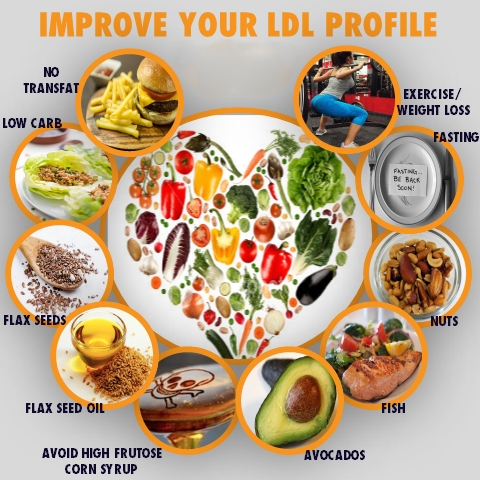
Engage with Your Blood Glucose Levels
When elevated, triglyceride signals potential risks for cardiovascular diseases, diabetes, and other serious health conditions. Similarly, consistent blood glucose management is fundamental for preventing the adverse effects of diabetes and other metabolic disorders.
Together, these factors underline the importance of a balanced lifestyle, including a nutritious diet, regular physical activity, and vigilant health monitoring.
Our clinical experience shows that people often have other underlying health issues that are also in play and are not detected by conventional medicine based diagnostic methods. We take a holistic and bioenergetic approach to assess what are the root causes to your health and wellness situation.
Root Cause Analysis
Our new and revolutionary approach in health care is founded on the idea of assessing the state of the Human Body-Field, focusing on why someone is struggling with their energy levels or overall health, rather than diagnosing people based on symptoms.
Find out in mere seconds what's impacting your energy levels and well-being and gain deeper insight into your holographic self with our certified bioenergetic practitioners.
By looking at the physics underlying the biochemical nature of the body, we can now accurately read your Body-Field and tune it to engage the body's self-healing ability so that the body can more easily return to optimum function and health, in the most natural and safe way.
You'll be amazed by the incredible insight the scan reveals that becomes your blueprint for true healing of mind, body and spirit!
Our team is dedicated to supporting you every step of the way, providing valuable insights and practical advice to help you achieve optimum health.
Start today by connecting with us to see how we can guide you towards better health outcomes.
Body-Field Scan
Ready to find out what's impacting your energy levels by using our bioenergetic scanning technology. Check out your body’s energy with a Body-Field scan and gain deeper insight into your holographic self with our certified Bioenergetic Practitioner. For an In-Clinic visit click here, or, for a Telehealth (remote) session click here.
We offer a completely new, alternative and bioenergetic healthcare approach based on 21st century science, technology and quantum physics with personalized, holistic therapy solutions such as, our unique BioScalar Infusion℠ therapy, NES body-field scan technology, miHealth biofeedback, PEMF, Rife and Vibroacoustic (VAT) therapies that can restore optimal health and well-being throughout the body, mind and spirit in the most natural way. Let us help you restore your health and energy!




